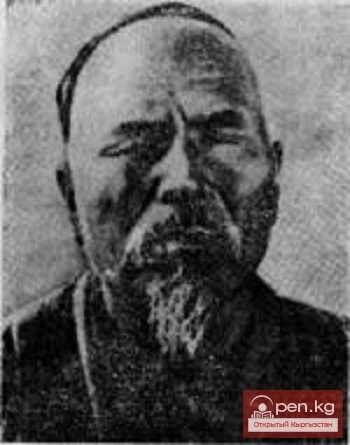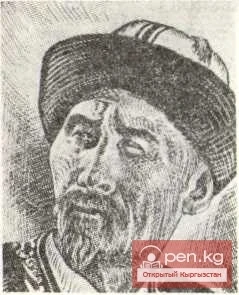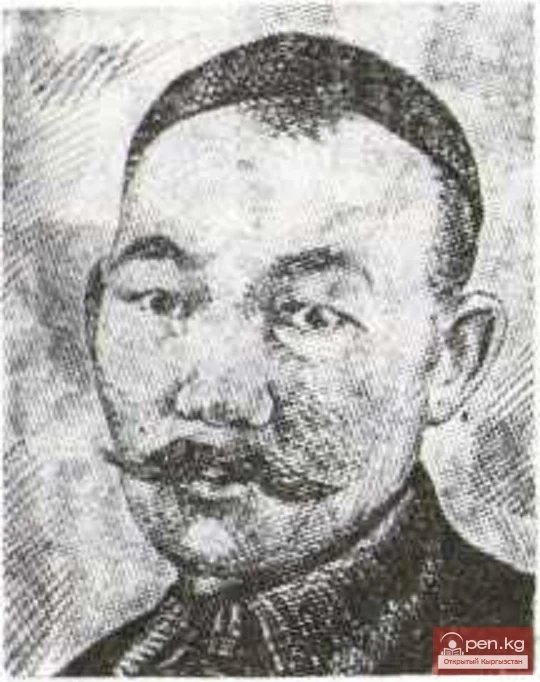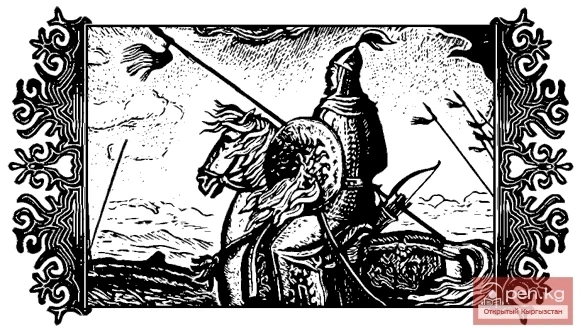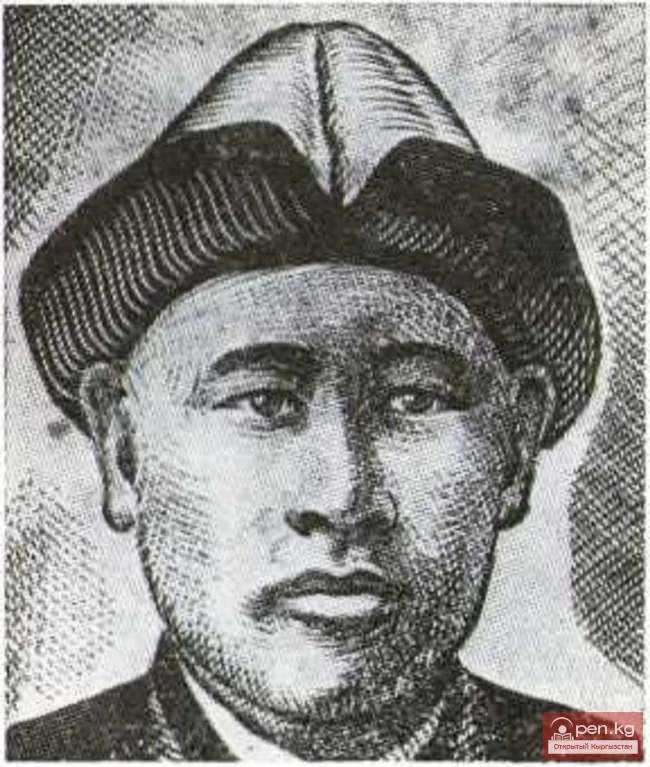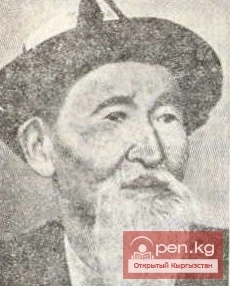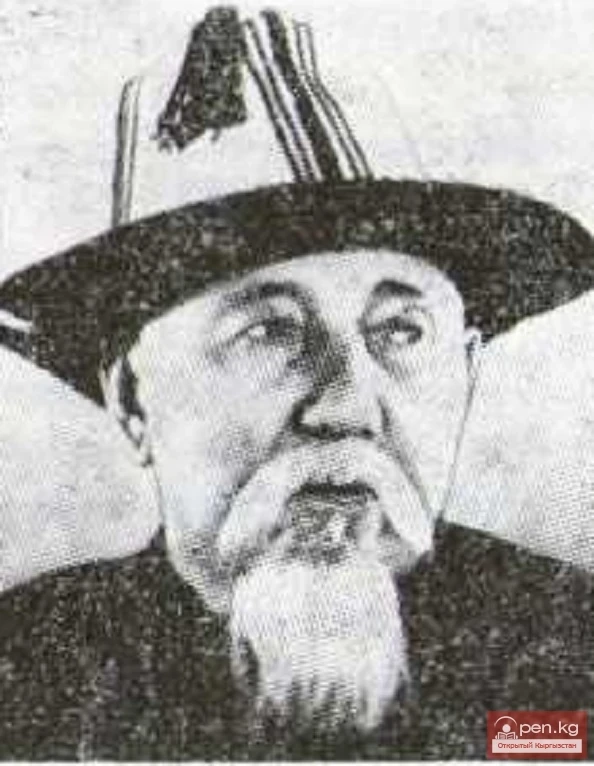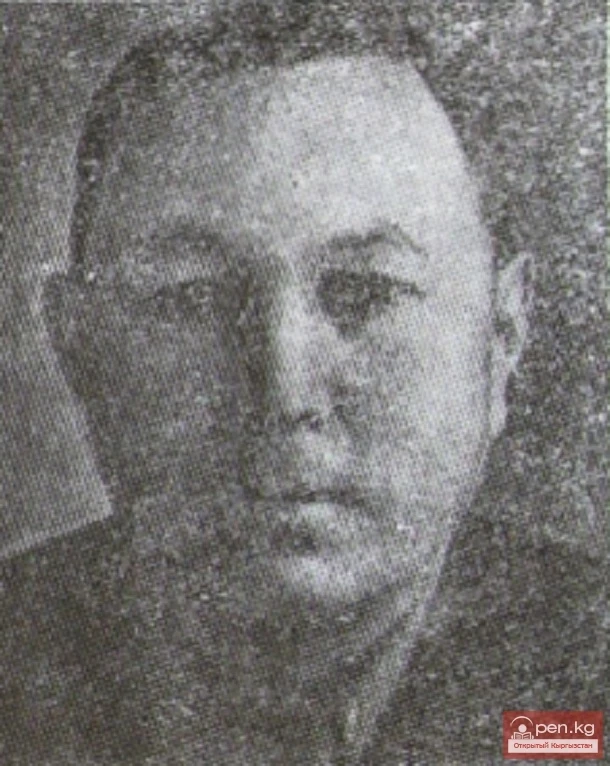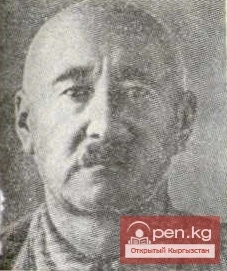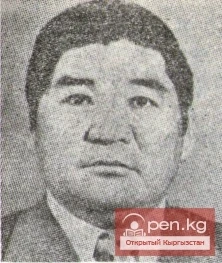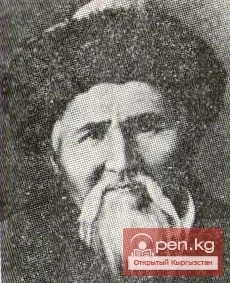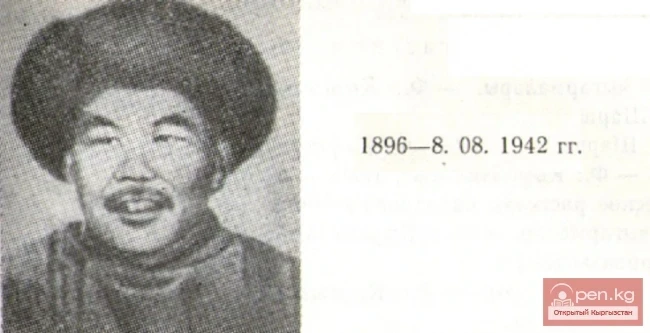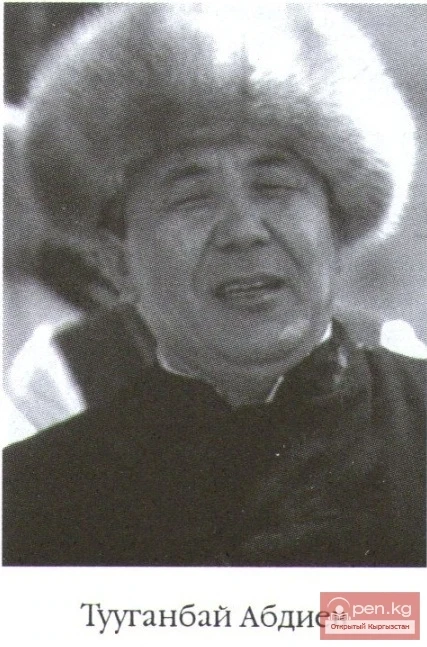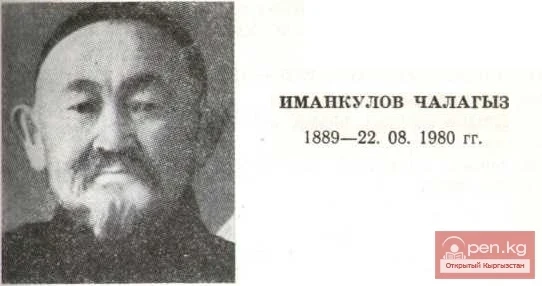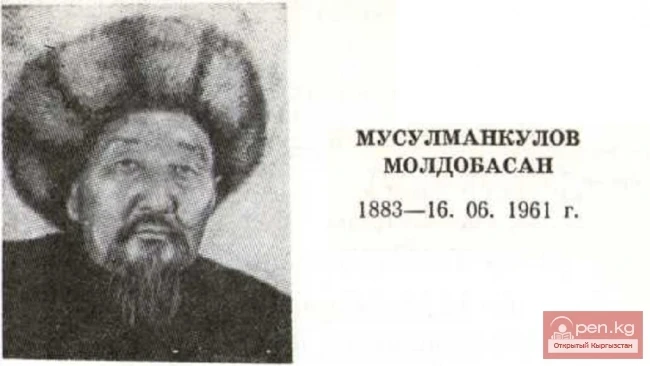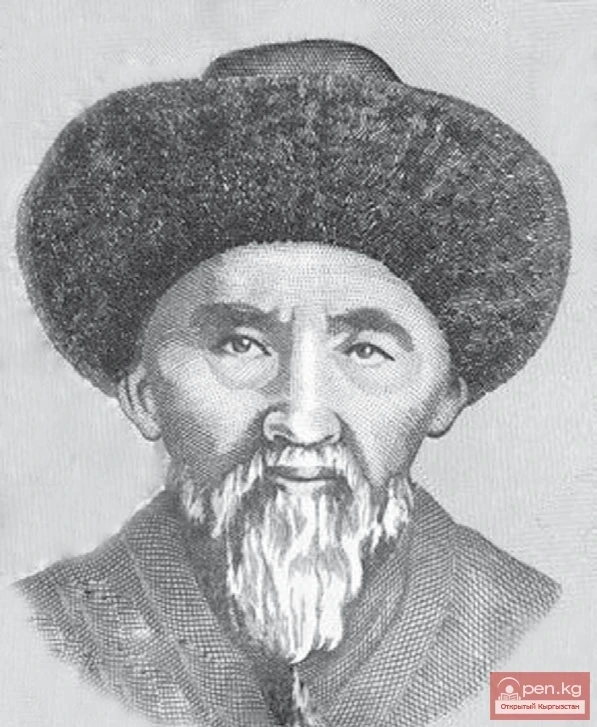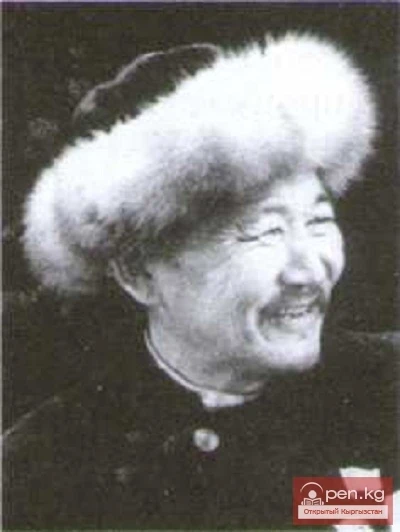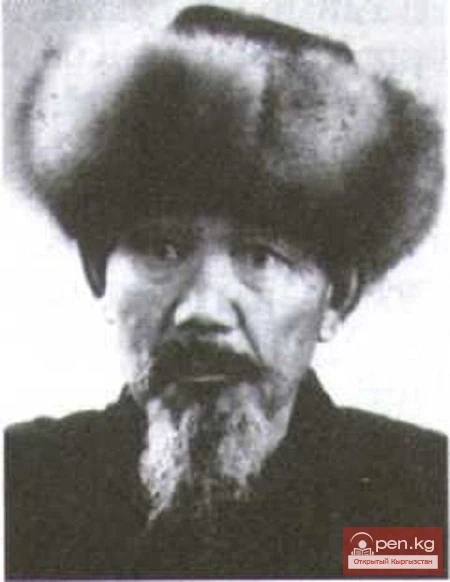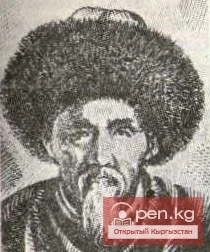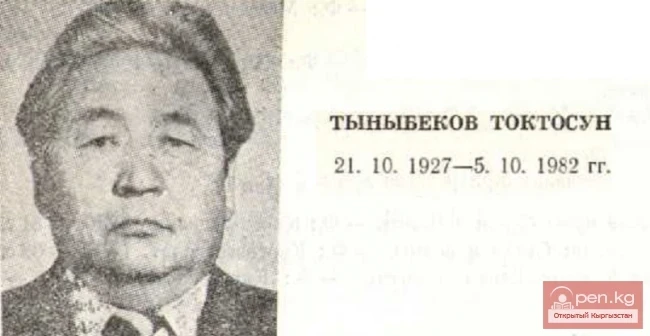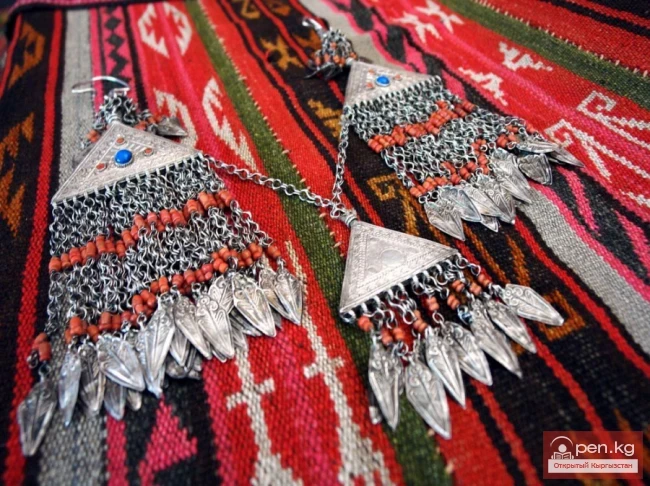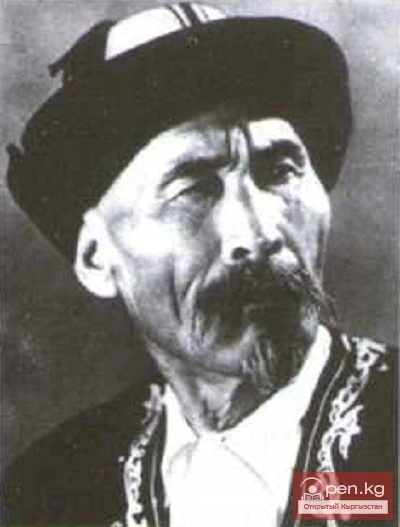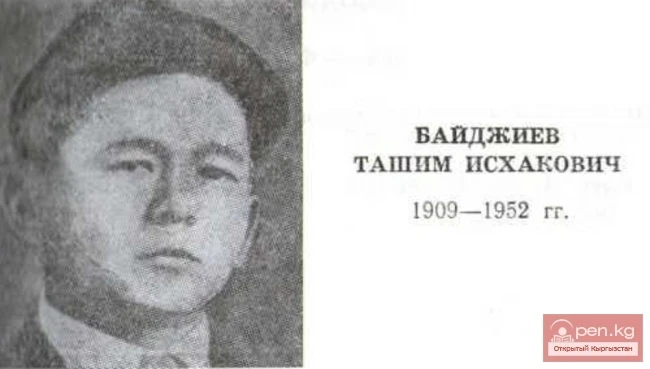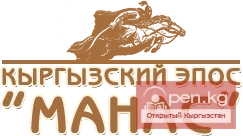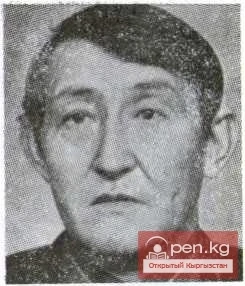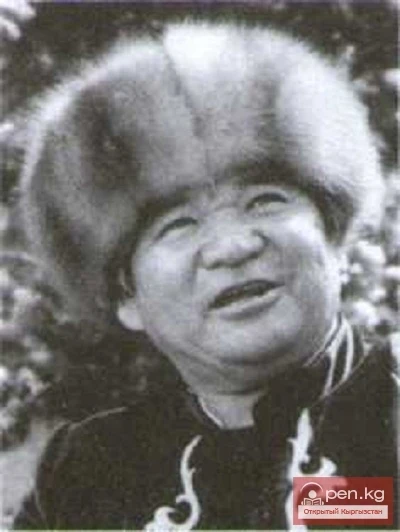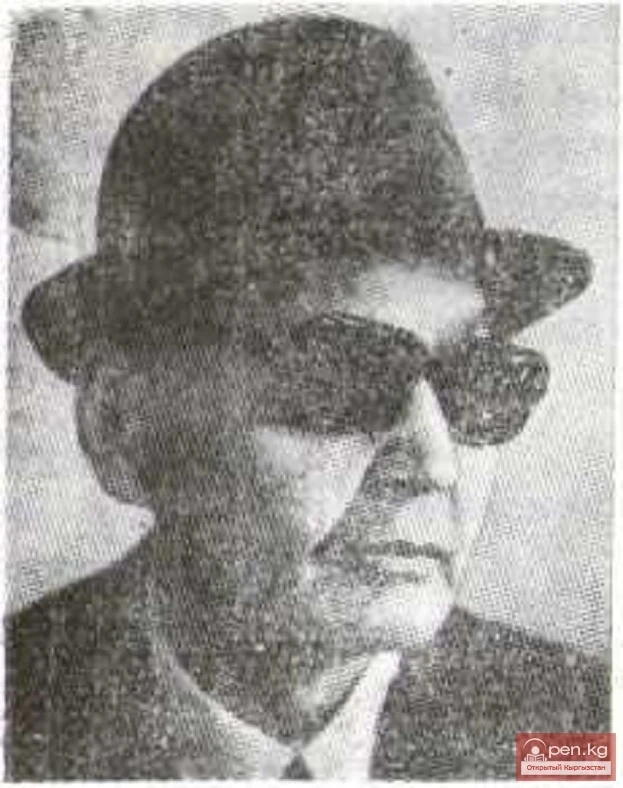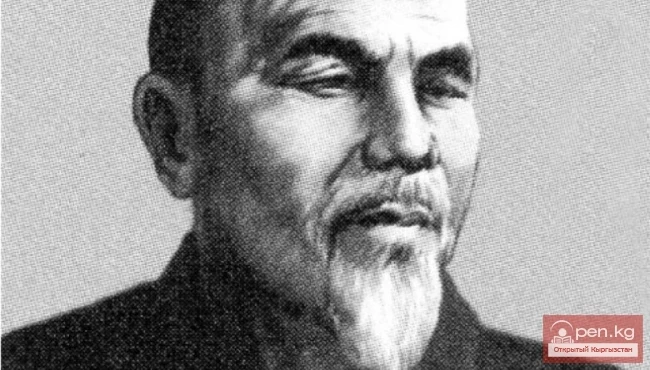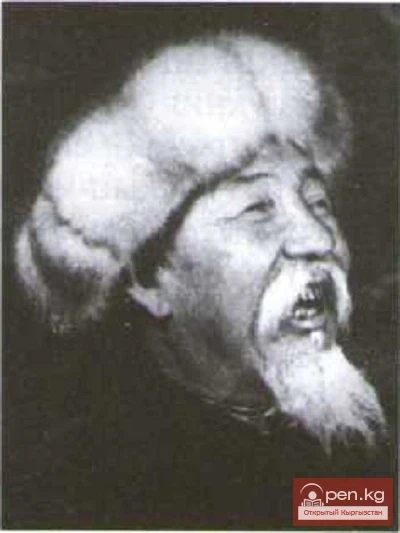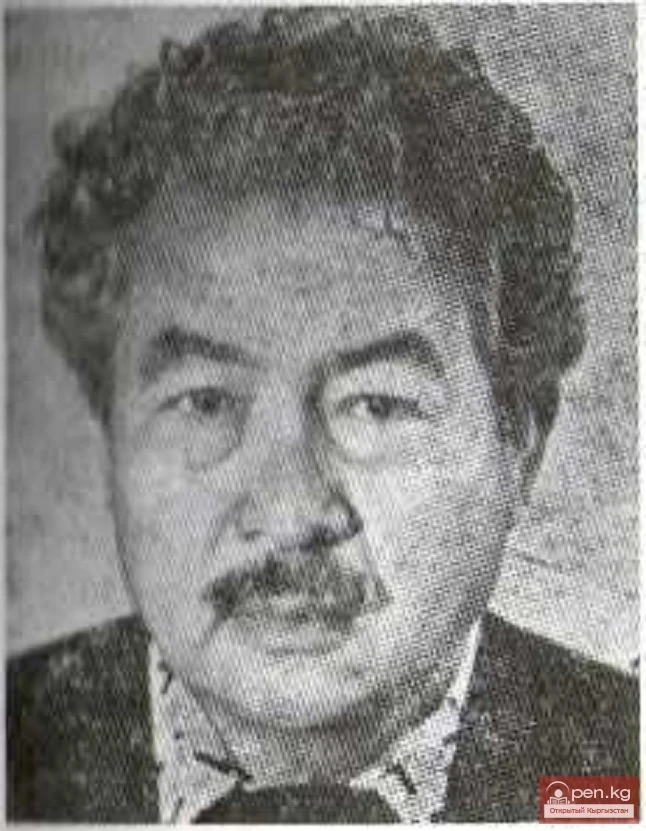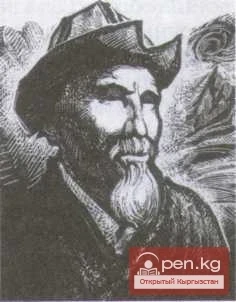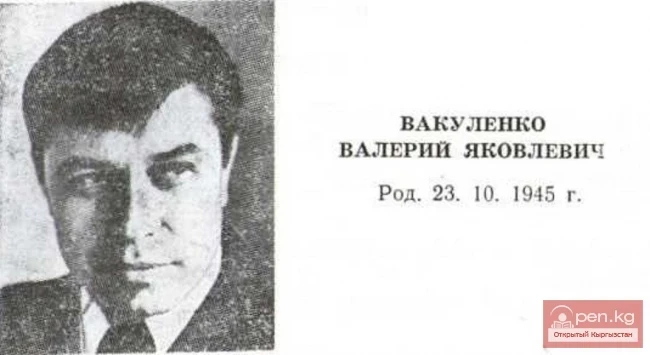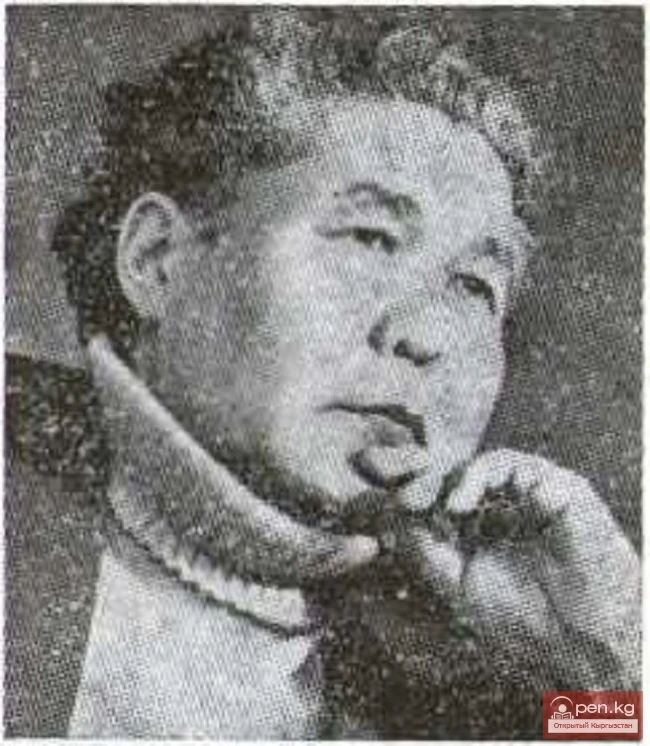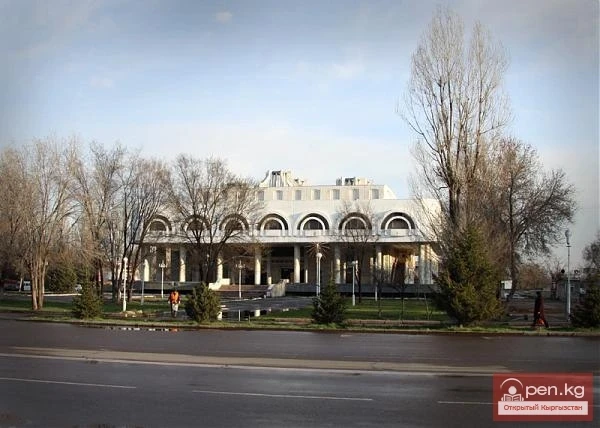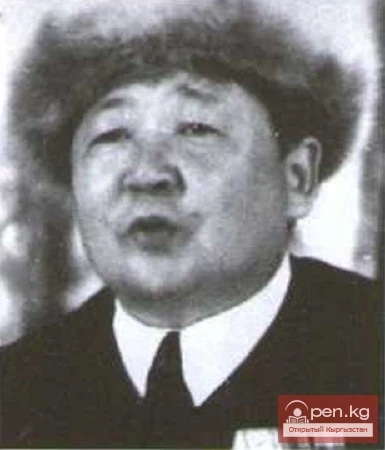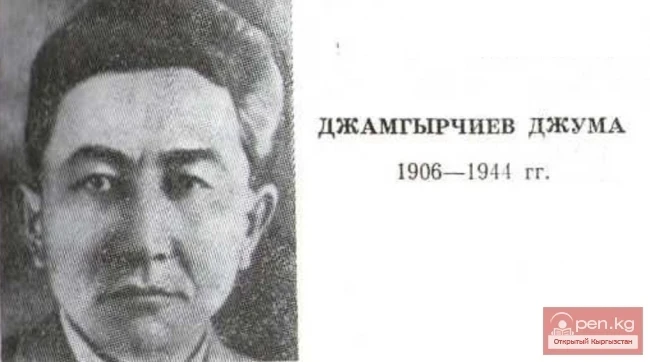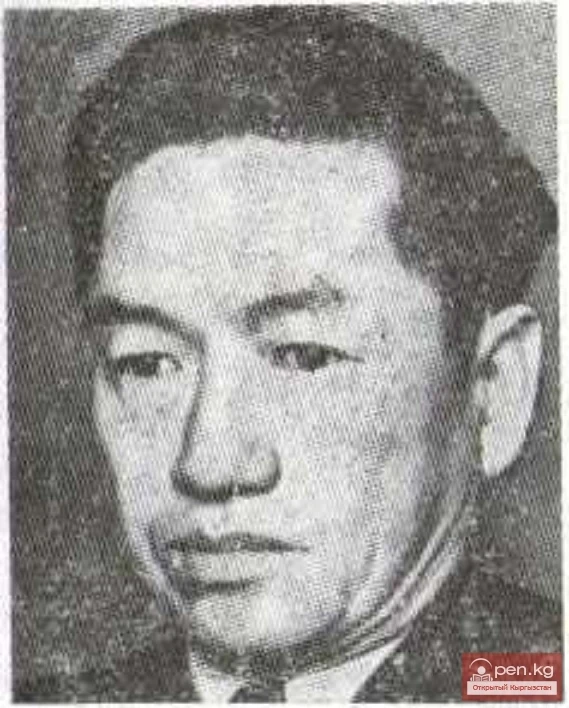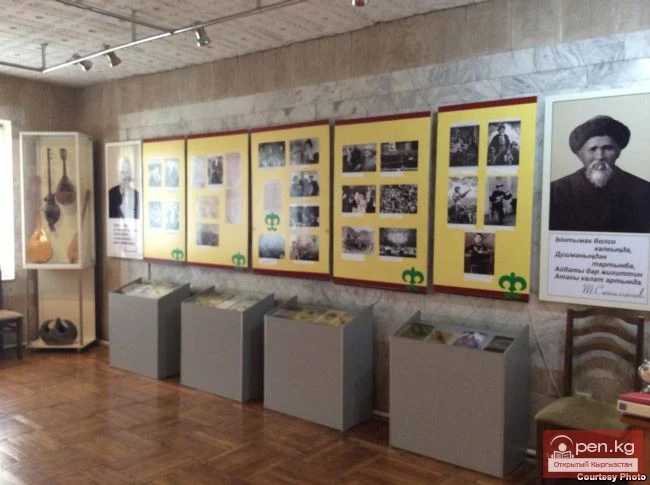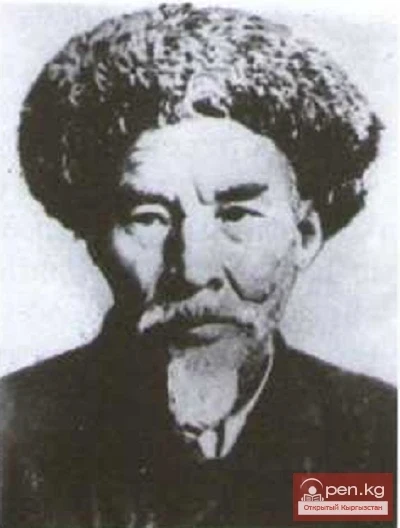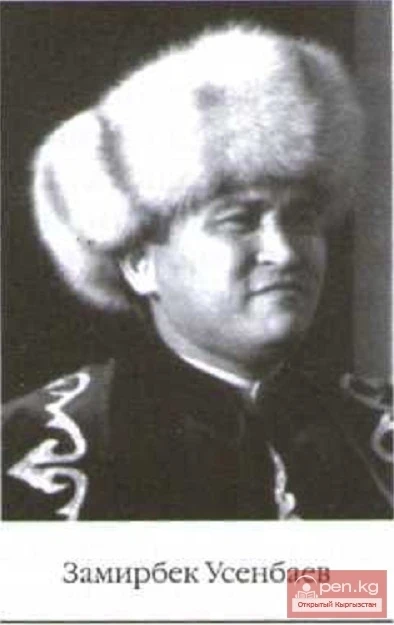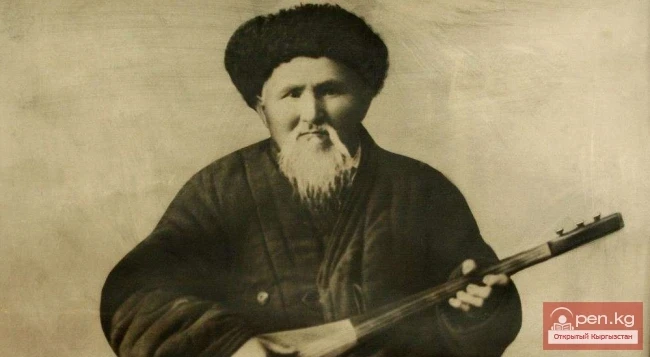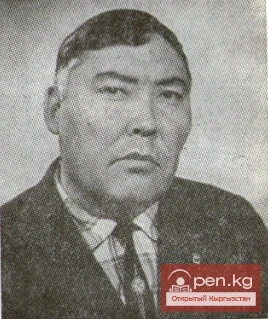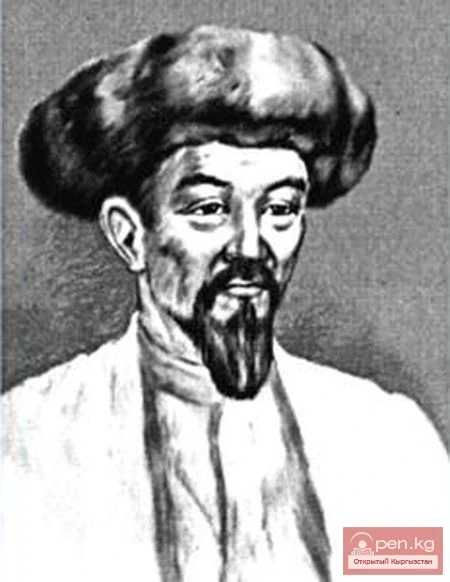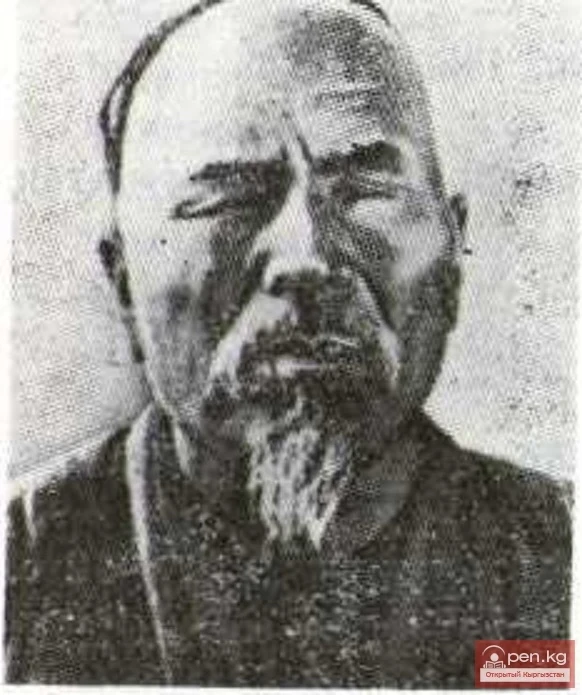
The akyn-improviser B. Alykulov was born on September 11, 1884, and died in 1949 in the village of Achi, now part of the Suzak district of the Osh region, in a peasant-poor family.
From the age of eight, he worked as a laborer for the wealthy. With the arrival of Soviet power in Kyrgyzstan, he actively participated in building a new life and fought against banditry. In the 1920s, he served as the chairman of the committee of poor peasants and as the deputy chairman of the Changet village council in the Jalal-Abad canton (now Suzak district). He also played a significant role in organizing the collective farm in his native village.
From the age of 15, Barpy participated in competitions—aytysh—with well-known singers-improvisers of the time with his songs, in which he exposed the cruelty and greed of the wealthy and manaps, truthfully reflecting the plight of the oppressed people. Even after the establishment of Soviet power, he traveled around the villages, passionately singing praises to Lenin, the Great October, and the Communist Party in songs such as "Elder Brother - Lenin," "The Name of This Song is October," "The Party," and others. In 1929, after a severe illness, B. Alykulov lost his sight but continued to actively participate in public life, composing songs.
An indelible mark on the akyn's creativity was left by his meeting with the great Toktogul. Barpy's songs "Burakdzhan," "Myzaim," "Arzykan," "Melmelum," "Dilbar," "Blooming Girls," "White Star," and others became classic examples of Kyrgyz love lyrics. A special place in the akyn's work is occupied by aitys—competitive songs. He elevated this genre to a higher level. Evidence of this is the famous aitys between Barpy and Toktogul.
B. Alykulov was also a storyteller of small epics. His words were recorded in the epics "Kulmyrza and Aksatkyn," "Jalalyr Jalgyz," and the poem "Er Jolon." During the Great Patriotic War, he inspired Soviet soldiers with songs calling them to defend the Motherland from fascism.
B. Alykulov's songs began to be recorded from 1943. In 1949, after the akyn's death, a collection of selected works titled "Tandalmaluu Yrlor" was published. The creative legacy of the classic of Kyrgyz akyn poetry has entered the golden fund and is an invaluable treasure of the Kyrgyz people.
He was a member of the Union of Soviet Writers since 1947.
A village in the Suzak district, many schools, and streets in cities and villages of the republic are named after Barpy.
SEPARATE PUBLICATIONS
In Kyrgyz
Tandalmaluu Yrlor. — F.; Kyrgyzmamabas, 1949.— 107 p. Selected poems.
Tilek: Yrlor zhiyangy. —F.: Kyrgyzmamabas, 1951.— 124 p. Wishes.
Tandalgany Chygarmalar. — F.: Kyrgyzmamabas, 1955. — 284 p. Selected works.
Mektep zhenund yir. — F.: Kyrgyzokupedmamabas, 1957. — 45 p. Song about school.
Chygarmalar: Bir tomduk.—F.: Kyrgyzmamabas, 1960. — 288 p. Collected works.
Chygarmalarinin bir tomduk zhiyangy. — F.: Kyrgyzstan, 1970 — 288 p. Collected works in one volume.
Tabiyat sapaty: Yrlor. — F.: Mektep, 1973. — 20 p. The world of nature.
Melmelum: Yrlor. — F.: Kyrgyzstan, 1974.— 145 p. My beauty.
Bala chak: Yrlor. — F.: Mektep, 1978.— 16 p. Childhood.
Tandalmalar. — F.: Kyrgyzstan, 1984. — 272 p. Selected.
Tabiyat symbaty: Yrlor. — F.: Mektep, 1987. — 20 p. The beauty of nature.
In Russian
Selected Works: Poems. — F.: Kyrgyzgosizdat, 1958. —148 p. Poems. — M.: Mol. Gvardiya, 1958.— 111 p.
